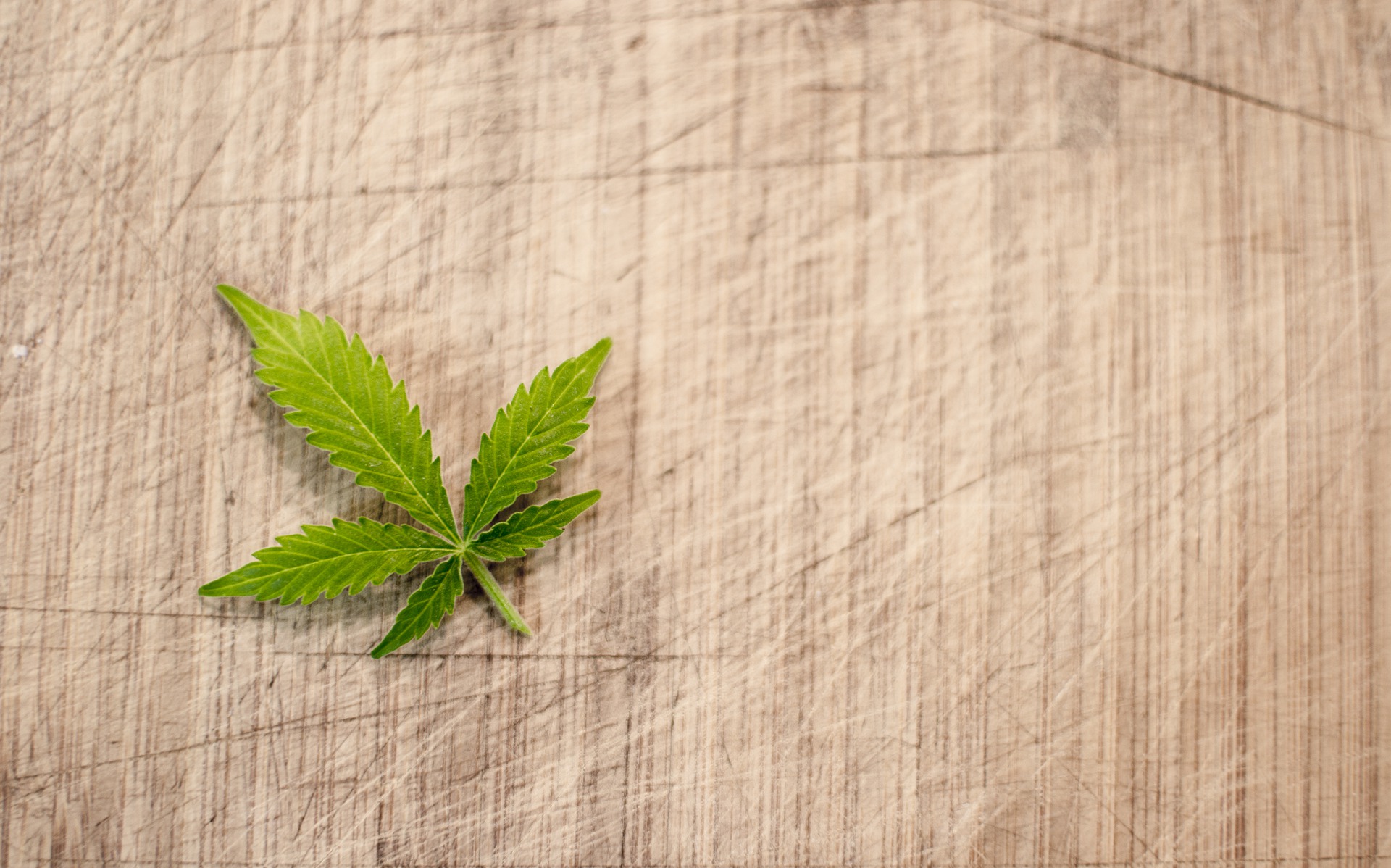My article on the “felony ban” in the law that legalized hemp in the United States was published in issue 7 of Hemp Magazine. Here’s an excerpt:
Within the next few years, the hemp industry could bring in billions in profits, but who stands to benefit most from those profits, and who will get left behind? One clause buried in the 2018 Farm Bill, often colloquially called “the felony ban,” is already playing a role in determining who exactly will have a place to work in the legal hemp industry.
While the 2018 Farm Bill is famous for federally legalizing hemp by removing the plant and its derivatives from the Controlled Substances Act, it also banned many people with past drug felony convictions from participating in the industry. According to Section 297b of the bill, anyone with a drug-related felony conviction that’s less than 10 years old is barred from being a “producer” in the hemp industry. There’s only one exception: If that producer participated in the industry through a legal hemp program under the 2014 Farm Bill, they are exempted from the ban.
Some states are considering restricting entry to the industry even further. Louisiana, as of the time of this writing, is debating a bill that would extend the ban on people with felonies entering the industry to include anyone with a misdemeanor drug conviction as well. [Editor’s Note: In June, Louisiana passed the bill into law, which bans people with felonies for 10 years and people with drug-related misdemeanors for 2 years from the state’s hemp industry.]
While the nation-wide felony ban received some attention in industry media and pushback from hemp advocates during the debate over the Farm Bill, the potential consequences have received relatively little attention amid celebrations of hemp’s legalization after the bill’s passage.
“The Felony Ban: Behind the Original Sin of the 2018 Farm Bill,” by Kit O’Connell in Hemp Magazine, Issue 7
Those potential consequences? Of course, they’re worsening the racial divide in the cannabis industry, allowing white people to profit off an industry created by black and brown people operating on the black and gray markets.
I previously wrote about the issue of the hemp felony ban for Ministry of Hemp, where we were one of the first and one of few cannabis media outlets to push back against the ban.
